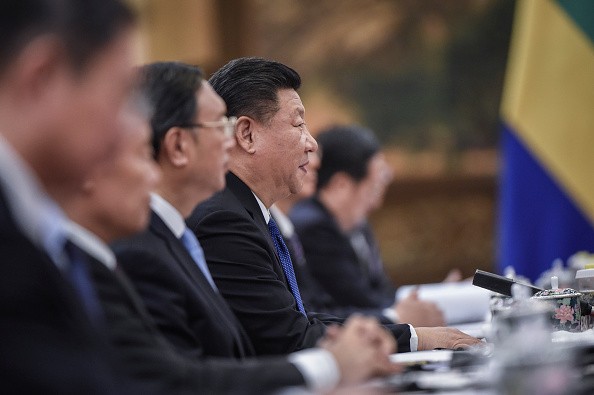An economist of World Bank said China is set to pursue a polished economic policy to ensure stability and growth through rebalancing in certain aspects.
A latest World Bank report predicted a continued resilience in economy among developing nations in East Asia, and China seeks to achieve a transition to more sustainable growth to 6.5 percent in 2017 from 6.7 percent in 2016.
According to the report, China's growth will be moderate as its economy works on rebalancing on its higher-value-added activities, services and consumption, while curtailing the excess of its industrial capacity.
The report recommended inclusion on China's economic policy being in control of its credit growth, reforming the corporate sector, curbing the accumulation of external and internal financial risks, broadening its revenue sources throughout the region and sustaining fiscal buffers.
A statement released after Central Economic Work Conference held in December said that China needs to pursue "supply-side reforms" to produce growth engines and to bolster "effective supply" to boost under-performing sectors.
The supply-side reforms will cover several fields including improving high-quality products such as rice and milk, and providing for what is demanded in the market like sufficient hospital and nursing homes.
Vulnerabilities in the Financial Sector
World Bank's lead economist Franziska Ohnsorge said, via Xinhua, that China is determined in making remarkable structural reforms to unwind financial market vulnerabilities, such as curtailing its asset bubbles, which will play a significant role in 2017. Such is especially true that in the current year, China's property market has increased fears of encountering risks in financial stability.
But Ohnsorge warned China's loose financial and pro-growth policies are not without unnecessary consequences. For instance, in bigger cities, housing prices increased unreasonably requiring regulatory measures.
Meanwhile, internal rebalancing has already been evident on the country's demand side. Its consumption growth remains strong while its investment growth continues to be moderate.



























